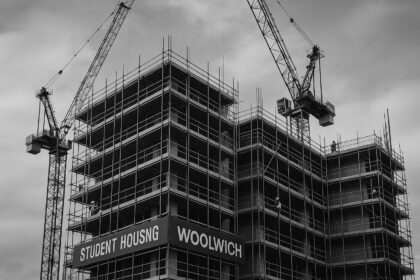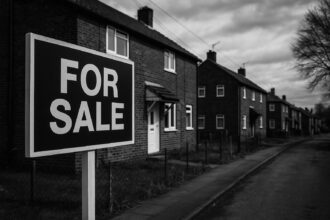The Labour Party has seen a surge in support across England, winning key councils and parliamentary seats from the Conservatives, with significant outcomes like the Blackpool South by-election marking a major swing.
In recent local and parliamentary elections across England, the Labour Party has achieved notable victories, capturing key councils and constituencies from the Conservatives. Labour regained control in places such as Hartlepool and made significant inroads in Conservative strongholds like Rushmoor and Thurrock. Specifically, in the Blackpool South parliamentary by-election, Labour candidate Chris Webb secured a seat with a significant swing of 26.33% from the Conservatives – marking it as one of the most substantial swings since World War II.
Meanwhile, the Conservative Party, led by Prime Minister Rishi Sunak, faced considerable losses. The Tories are on track to lose approximately 500 council seats, reflecting one of their poorest performances in decades. In addition to local council reversals, they also endured a defeat in the Blackpool South by-election and have lost a series of other parliamentary seats in recent by-elections.
The Liberal Democrats and the Green Party have also seen gains, capitalising on the shifting political landscape, with the Liberal Democrats seizing previously Conservative-held seats like Chesham & Amersham and North Shropshire.
Among the other developments, Labour’s performance was mixed in some areas, gaining control in regions like Harlow and Redditch but facing losses in South Tyneside and Oldham. The full impact of these elections will become clearer as the final results from additional councils, along with the mayoral and police commissioner races, are announced. These recent political shifts have highlighted changing voter sentiments and the evolving dynamics within the UK’s political landscape.













